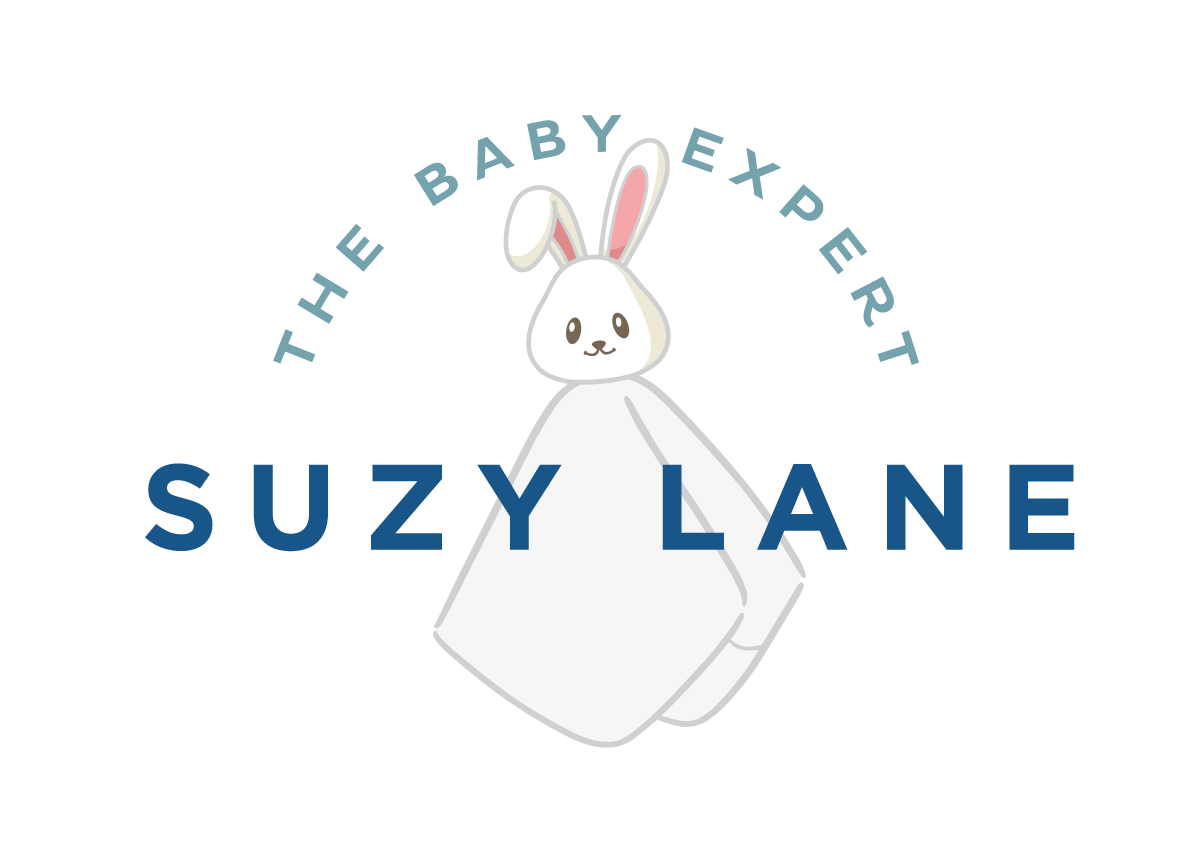What is Post Natal Depression (PND)?
How common is PND?
Around one in every ten women have PND after having a baby. If untreated, it can last for months, or sometimes longer.
What does it feel like to have PND?
Depressed
You feel low, unhappy and wretched for much or all of the time. You may feel worse at particular times of the day, like mornings or evenings. Sometimes, there are good days that make you hope that it is over. It can be very disappointing when they are followed by bad days. Sometimes, it can seem that life is not worth living.
Irritable
You may get irritable with other children and, occasionally, with your baby. You are most likely to get ‘ratty’ with your partner, who may well wonder what is wrong.
Tired
All new mothers get pretty weary, but depression can make you feel so utterly exhausted that you feel physically ill.
Sleepless
When, at last, you get to bed you find you can’t fall asleep. You wake at the crack of dawn, even if your partner has fed the baby overnight.
Not hungry
Depressed mothers usually haven’t the time or the interest to eat, and this can make you feel irritable and run down. On the other hand, if you find yourself eating for comfort, you may feel guilty and uncomfortable about getting fat.
Unable to enjoy anything
You find that you can’t enjoy or be interested in anything. This may be especially true of sex. Some women get interested in sex again before the 6 week postnatal check-up, but PND usually takes away any desire or enthusiasm. Your partner may seek the comfort and excitement of intercourse, but you don’t. This can put a further strain on the relationship. There are, of course, many other reasons for you to lose interest in sex after having a baby – it may be painful, you may be too tired, or you may be just trying to adjust to having a child.
What causes PND?
We don’t know enough about why women get PND to be sure who will or won’t suffer from it. There is probably no single reason, but a number of different stresses may add up to cause it. We know you are more likely to have PND if you have had depression (especially PND) before
Unable to cope
PND can make you feel that you have too little time, do nothing well, and that you can’t do anything about it. It can be hard to establish a new routine to cope with the baby, as well as everything else.
Anxious
You may find that you are afraid to be alone with your baby. You may worry that he or she might scream, or choke, or be harmed in some way. Instead of feeling close to your baby, you may feel detached. You can’t work out what your baby is feeling, or what your baby needs.
You may feel anxious even if you have strong loving feelings for your baby. You worry that you might lose him or her through infection, mishandling, faulty development or a ‘cot death’. You worry about ‘snuffles’, or how much weight has been (or not been) gained. You worry if your baby is crying or is too quiet (has the baby stopped breathing?) You may find that you need reassurance all the time from your partner, the health visitor, the GP, your family or a neighbour.
You may also worry about your own health. You may feel panicky – your pulse races, your heart thumps and you may feel that you have heart disease or are on the brink of a stroke. Your tiredness may make you wonder if you have some dreadful illness, or if you will ever have any energy again. The fear of being left alone with all this can cause even the most capable person to cling desperately to their partner, not wanting to be left alone.
Doesn’t everybody get depressed after having a baby?
No. About half the women who give birth feel a bit weepy, flat and unsure of themselves on the third or fourth day after having a baby. This is known as the ‘Baby Blues’, and it passes after a few days.
When does PND happen?
Most cases of PND start within a month of the birth, but it can start up to six months later.
What causes PND?
We don’t know enough about why women get PND to be sure who will or won’t suffer from it. There is probably no single reason, but a number of different stresses may add up to cause it. We know you are more likely to have PND if
- you have had depression (especially PND) before
- do not have a supportive partner
- have a premature or sick baby
- lost your own mother when you were a child
- have experienced several stresses in a short period of time. These could be things like a bereavement, you or your partner losing a job, or housing and money problems.
In spite of this, you can still suffer from PND when none of these things have happened and there is no obvious reason.
What about hormones?
In some cases, PND may have something to do with the huge hormone changes which take place at the time of giving birth. Levels of oestrogen, progesterone (and other hormones to do with conception and birth) drop suddenly after the baby is born. How exactly they affect your mood and emotions is not clear. No real differences have been found in the hormone changes of women who do and do not get PND. It may be that some women are more sensitive to these changes than others.
Do women with PND harm their babies?
Very rarely. It is more likely (although still uncommon) if a mother has a more severe mental disorder, ‘puerperal psychosis’. This is a very serious (but treatable) mental illness which usually comes on within a few days of the birth. The mother may become deluded and feel that her baby is evil. Rarely, she may feel so suicidal that she decides to take the baby’s life with her own. Puerperal psychosis is much less common than PND: it occurs only after one birth in 500. It is fortunately very rare for a mother to kill her baby. Occasionally, through utter tiredness and desperation, you might feel like hitting or shaking your baby. Many mothers (and fathers) occasionally feel like this, not just those with PND. In spite of having these feelings at times, most mothers never act on them. This is the case in PND. The problem is more likely to be you worry that you might harm your baby, rather than actually doing so.
What can be done?
A great deal, but first the depression must be recognised. In the past it has often been overlooked or dismissed as the ‘baby blues’. Many depressed mothers don’t realise what is wrong with them. They feel ashamed to admit that they are less than thrilled by being a mother. They may think that if they say how they feel, then their baby may be taken away (this won’t happen). Now that there is a greater awareness of depression in general, PND should be missed less often. A questionnaire, such as the Edinburgh Postnatal Depression Scale, can sometimes be used. This can help health visitors and GPs to spot PND.
Ways of helping yourself
Say how you feel:
If you feel miserable, irritable, incompetent, frightened and not all that keen on your baby, then tell someone. Many other women have gone through the same experience. If you don’t feel you can talk to your family or friends, talk to your health visitor or doctor
- They will know that these feelings are common and will be able to help.
Don’t be frightened by the diagnosis: It can actually be a relief when someone tells you that you have PND. At last you know what is wrong, and that many others have had the same problem. You can be reassured that you will get better in time. It can help your partner, friends and family to know this as well. They will feel more able to help when they know what the problem is.
Ways for other people to help
Don’t be shocked or disappointed if your wife, partner, sister or girlfriend reveals that she has felt awful since the birth of her baby. Take time to listen sympathetically and make sure that she gets the help she needs. Try not to be shocked or disappointed by a diagnosis of PND. In a way, it is good news because we know it can be effectively helped. Do all you can to help with the practical things that need to be done, while your partner does not feel up to doing them – shopping, feeding and changing the baby, or housework. It may be difficult for a while, but it is worth it. Make sure that you are clear about what is happening and that you get advice on how to help, especially if you are the mother’s partner. Make sure that you have some support yourself. If this is your first baby, you may feel pushed to one side, both by the baby and by your partner’s needs. Try not to feel resentful. Your partner needs your support and encouragement. Practical help with the baby, sympathetic listening, patience, affection and being positive will go a long way. Your partner will appreciate this even when the depression is over.




